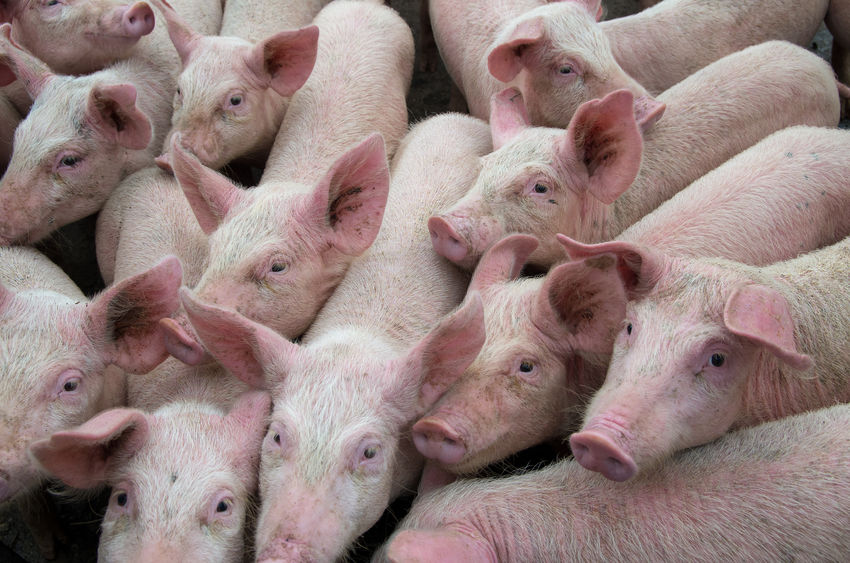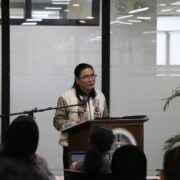After 7 months, African swine fever back in Bohol

SAN MIGUEL, BOHOL—The province of Bohol has again recorded cases of the African swine fever (ASF), seven months since the province last reported the presence of the deadly hog disease.
At least three pigs at Barangay San Vicente in San Miguel town were infected with ASF over the past weekend, despite strict protocols implemented by the local government.
Romulo Garcia, administrative officer of the Office of the Provincial Veterinarian, said authorities are now scrambling to contain the spread of the swine fever which last affected Bohol in April.
Of the 22 pigs that died on Nov. 22, three tested positive for ASF.
Culling operations were immediately implemented within the 100-meter radius of the village where at least 33 hogs were culled and buried on Nov. 27 to avoid contamination.
“Hopefully, authorities will be able to contain this by God’s grace,” Garcia said.
Amelia Cajes, 45, and a resident of Purok 6, Barangay San Vicente, had to let go of her 10 pigs, including a pregnant sow to stop the spread of the highly contagious swine disease.
Prevention
Cajes and other hog raisers attended a barangay assembly on Nov. 26, where they were educated about ASF. She noted the need to cooperate with authorities to contain the animal disease.
“If anyone notices that their pets are sick or weak, we should tell them (authorities) immediately so that they can find a solution to our problem. Then, we should not only think about the losses because God will really provide for our needs,” she said.
Affected households will receive P10,000 each from the Bohol provincial government and the Department of Agriculture.
According to Arnel Pocpoc, village chair of San Vicente, said their community has 306 households, many of them engaged in backyard hog raising.
“We are in a crisis situation. They (affected families) need to voluntarily give up their pigs,” he said.
After San Vicente, surveillance and blood collection activities would now focus on adjacent villages, including Bayongan, Poblacion and Cambangay Norte.
Quarantine protocols and checkpoints were implemented to restrict the movement of pigs and pork products, alongside ongoing information and education campaigns on ASF prevention.
Authorities still prohibit the entry to Bohol of pork and pork products from other provinces with reported cases of ASF to protect the province’s P6-billion livestock industry.
ASF, according to the National Meat Inspection Service, is a highly contagious viral disease that affects pigs, warthogs, and boars. It causes pigs to have high fever and lose their appetite, and causes hemorrhages in the skin and internal organs.
Pigs die in a span of two to 10 days upon infection. There is no known vaccine yet against ASF.
ASF, health officials said, does not pose any threats to humans. Other pork products from areas where infected pigs are detected are safe to eat, they said.

















